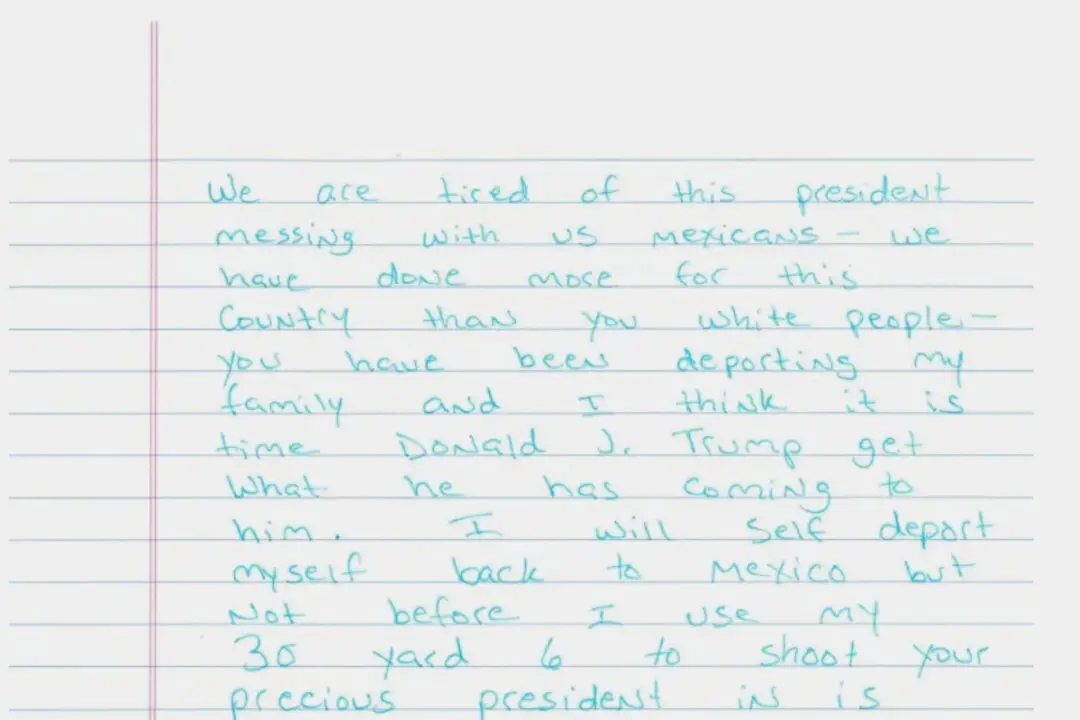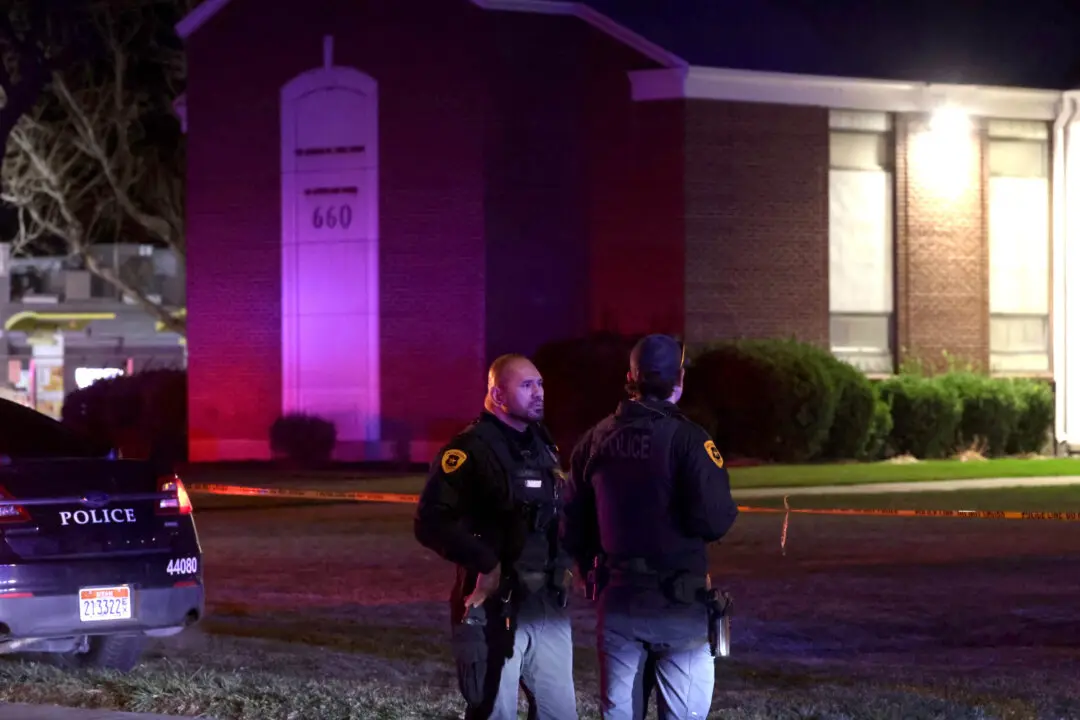WASHINGTON—Wherever their summer travels have taken them, Supreme Court justices probably will weigh in over the next few days on Texas’ plans to execute two death row inmates in the week ahead.
If past practice is any guide, the court is much more likely to allow the lethal-injection executions to proceed than to halt them.
Opponents of the death penalty took heart when Justices Stephen Breyer and Ruth Bader Ginsburg made the case against capital punishment in late June as arbitrary, prone to mistakes and time-consuming. Even if death penalty opponents eventually succeed, the timeline for abolition probably will be measured in years, not months.
That’s because Breyer, joined by Ginsburg, was writing in dissent in a case involving death row inmates in Oklahoma, and five sitting justices, a majority of the court, believe “it is settled that capital punishment is constitutional,” as Justice Samuel Alito wrote in his opinion for the court in that same case.






